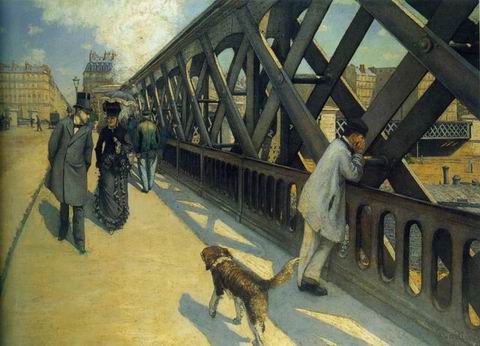
Earlier I told you about Germany's "Wirtschaftswunder" and how Munich's 1972 Olympic Stadium is such a fitting symbol for that rise out of turmoil into one of the most powerful nations in the western world.
So now let's talk about another country that rose from an embarrassing defeat in a different war that consumed much of the same territory in continental
Europe.
The end of this war still saw the country in a mercantile-like economic system with the victors; this country had massive war reparations to pay. This country was forced to produce finished products and sell them at almost cost value to eliminate some of this debt. Its currency was inflated to the point where cash money was more valuable to start a stove on fire than to buy paper for the same use. This country needed an upswing, and it needed it badly. People were starving, labor was hard and for low pay. Right as the situation was starting to get better, the situation got even worse when worldwide markets crashed, bringing said country back to the ground, only without the rich neighbors to buy their goods. Everything was grim, that is until a charismatic young leader took the reigns and m
ade this country a world power again.
Industry was king. The working class had jobs again, the country's currency shot up in value.they could feed their families and shop at department stores. The world seemed to be right again.

At the peak of this country's success, its leader was named Time Magazine's Person of the Year. The Olympic Committee chose this country to host an Olympiad. A grand stadium was built, countries from all around
the world came and participated. The games went off without a hitch. Despite some concerns from the world community that this country might be getting a bit too powerful, overall consensus was favorable.
This country is Germany, and the time frame is between the end of World War I and 1936. The Berlin Olympics were seen as the symbol of Germany's growth again to the world stage, that Germany was once again a country of wealth and civilization.
So what does this mean? It means that signs are confusing. Up until 1938, the world at large saw the new German Leader as a man who cared for his country and was taking charge to get stuff done. We only fully realized what was happening when he started to invade countries for no good reason. It means we don't study history because otherwise we are doomed to repeat it. It means the world is not as clean cut as we hope. It means we can't be lax and ignore signs, but at the same time we can't be too vigilant and squash everything that looks as if it's getting better.
It means "I don't know."

No comments:
Post a Comment